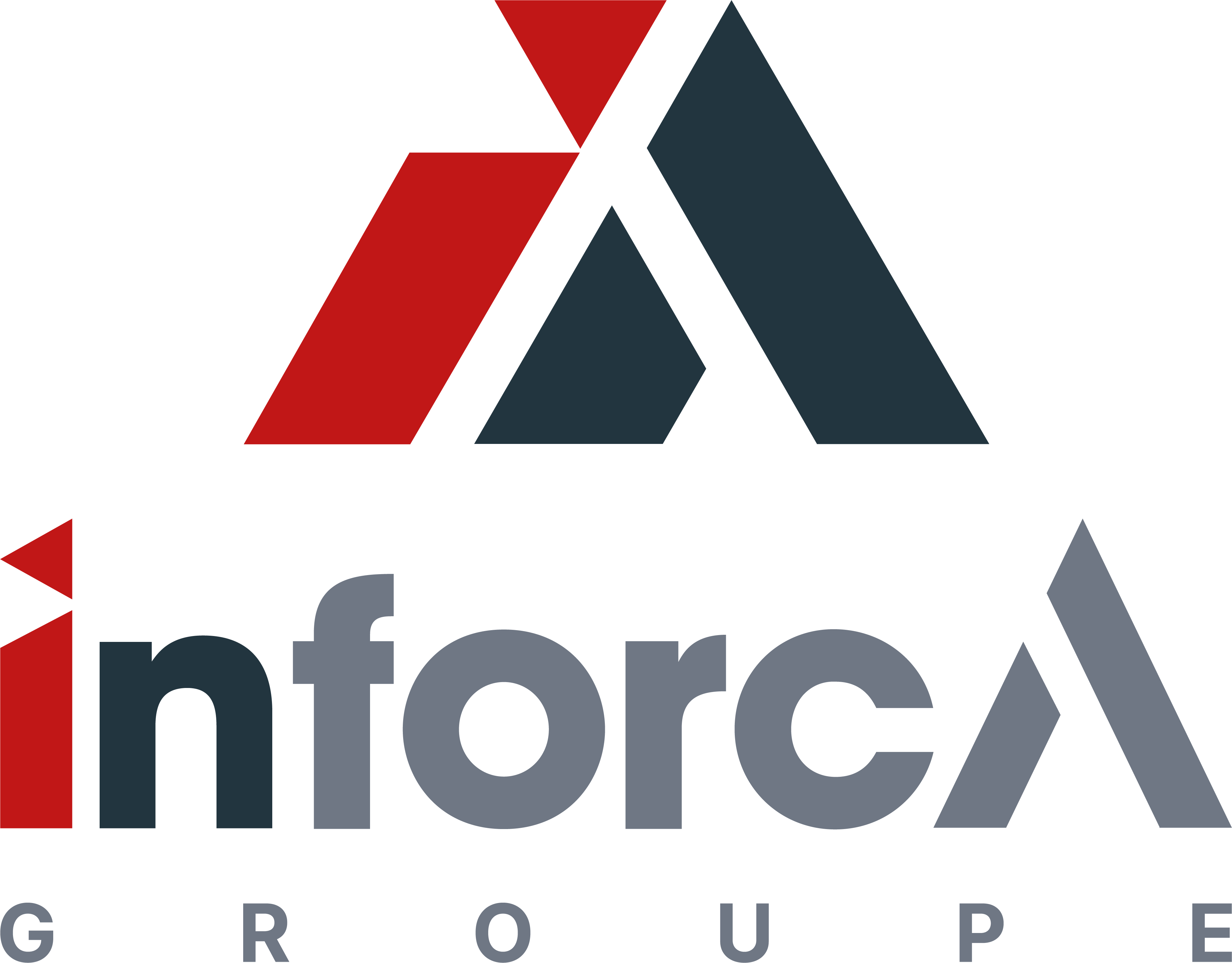Behind these acronyms lie two very different approaches: one focused on content management, the other on personalised digital experiences. Understanding their strengths and limitations, and above all what they mean for your teams and your customers, is essential if you are to make the right choice.
What is a CMS?
A CMS (Content Management System) is a content management system. Its main role is to facilitate the creation, publication and updating of content on a website without the need for technical skills. This enables marketing or communications teams to manage a website, blog or online shop in-house.
A CMS generally offers :
- An intuitive, sometimes drag-and-drop, page editor,
- Media management (images, videos, documents),
- Basic SEO features,
- The ability to add modules or extensions.
The best-known CMSs include WordPress, Drupal and Joomla. These tools are still very effective for projects that focus primarily on content publication.
What is a DXP?
The DXP (Digital Experience Platform) goes much further than a CMS. It is a platform designed to manage the entire digital experience of a user across different channels: website, mobile application, social networks, connected objects or even physical points of sale.
A DXP is not limited to content management. It includes advanced functionalities such as :
- Personalisation of user paths,
- Marketing automation,
- Data collection and analysis,
- Integration with other systems (CRM, ERP, PIM, etc.),
- omnichannel campaign management.
In other words, DXP offers a global, connected vision of the customer experience. It is aimed more at companies wishing to implement a data-driven digital strategy.
The main differences between CMS and DXP
1. Functional scope
The CMS focuses on the creation and distribution of web content. The DXP, on the other hand, covers a brand's entire digital ecosystem, with integrated personalisation and engagement tools.
2. Target audience
The CMS meets the needs of small and medium-sized businesses who want to manage a website or blog. DXP is aimed more at organisations with digital transformation challenges and a desire to offer differentiated user paths.
3. Integrations
The CMS can be enhanced via plugins. DXP relies on native connectors such as Quable or Raptor, with solutions that orchestrate the entire digital marketing process.
4. User approach
The CMS publishes content for a wide audience. DXP makes it possible to target each user with messages tailored to their profile and behaviour.
When should you choose a CMS?
A CMS is still an excellent option for :
- Creating a showcase site or blog quickly,
- Easily manage editorial content,
- Launching a simple online shop,
- Limiting technical costs.
It is particularly suited to companies looking for a tool that is easy to deploy and does not require advanced functionality.
Case in point: the Prince Pierre of Monaco Foundation, a major player in Monaco's cultural life, wanted a modern, clear and SEO-optimised corporate website. Rocher Blanc, the Inforca group's digital agency, supported the complete overhaul of its website.
Our teams worked on ergonomics, graphic design and SEO optimisation, while prioritising content to highlight Monaco's cultural wealth. This type of project is a perfect example of what a bespoke CMS can offer: a corporate website that is easy to administer, effective and in line with the Principality's upmarket image.
When should you choose a DXP?
DXP becomes relevant when an organisation wants to :
- Centralise its customer data to make better use of it,
- Offer a consistent experience across several channels,
- Personalise its interactions according to each user,
- Automate certain marketing actions,
- Support an international growth strategy.
According to a Gartner study, 63% of marketing managers consider the personalised customer experience to be a major differentiating factor (source: Gartner, Marketing Technology Survey). This is precisely where DXPs come into their own.
A case in point: Visit Monaco, supported by the Tourism and Convention Authority, illustrates the benefits of a DXP. Before it was overhauled, the platform consisted of three separate sites - for the general public, for MICE and for the press - with no links between them, making for a fragmented and uninvolving user experience.
The new digital ecosystem has made it possible to centralise content and offer a single, immersive, multilingual portal. Key features include
- An interactive map to discover Monaco,
- Content interconnected by API,
- A system of favourites to build your stay à la carte,
- A personalised planning tool,
- Automatic translation into 10 languages via InLexIA.
With this project, Inforca has demonstrated how Ibexa DXP can be used to create a personalised experience, in line with the Principality's image of excellence.
What are the challenges for companies?
The choice between CMS and DXP depends on your priorities. For some organisations, having a clear, easily manageable site is enough. For others, unifying data, segmenting audiences and driving an omnichannel strategy has become essential.
Implementing a DXP requires resources, data skills and strategic thinking, whereas a CMS is simple for a small team to administer.
Inforca can help you make the right choice by assessing your needs and resources, and defining the solution best suited to your organisation.
Towards a gradual evolution
There is no single, definitive solution. Many companies start out with a CMS before moving on to a DXP as they grow. The key is to stay aligned with your objectives and the expectations of your users.
Inforca helps you build this path: start simply with a CMS, gradually integrate advanced functionalities, then switch to a DXP when your challenges require it. This progressive approach allows you to secure your investments while maintaining a vision for the future.
Interview by K.C, Digital Development and Events Manager at Inforca




